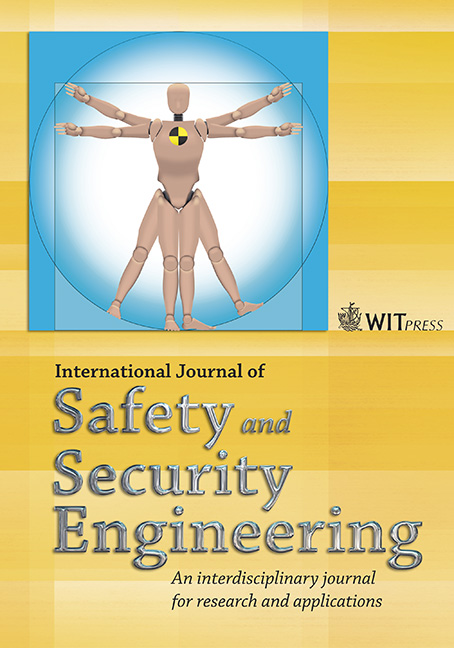LOCALLY PROCESSED STREET-VENDED FOODS IN NIGERIA: HOW SAFE?
Price
Free (open access)
Volume
Volume 2 (2012), Issue 4
Pages
10
Page Range
381 - 391
Paper DOI
10.2495/SAFE-V2-N4-381-391
Copyright
WIT Press
Author(s)
S.B. FASOYIRO
Abstract
Potential sources of food hazards for locally processed and street-vended foods were assessed. Special focus is on common street beverages such as soymilk, kunu, pito, zobo; soy cheese (wara), akara, meat products such as suya, kundi, fried chicken, and cassava products; gari fufu and lafun. A review of microbial hazards in these products was based on previous reports. Physical hazards in the products ranged from sand, insect parts, and faeces. Chemical hazards include detergent, ink from paper packages, and oxidised fatty products from frying oils while microbial hazards include the pathogenic and aflatoxin producing microorganisms. The possible sources of contamination identified include processes such as washing, grinding, packaging, and storage while others include source of water, raw materials and ingredients, cooking utensils, equipment, and handlers. The importance of developing hazard analysis critical control points for these products was emphasised and the need for tailoring training programmes towards a specific food product for local processors and street vendors was also recommended. The need for control of food waste is also discussed to ensure environmental safety.
Keywords
Food waste, HACCP, local processing, street foods, training programmes




